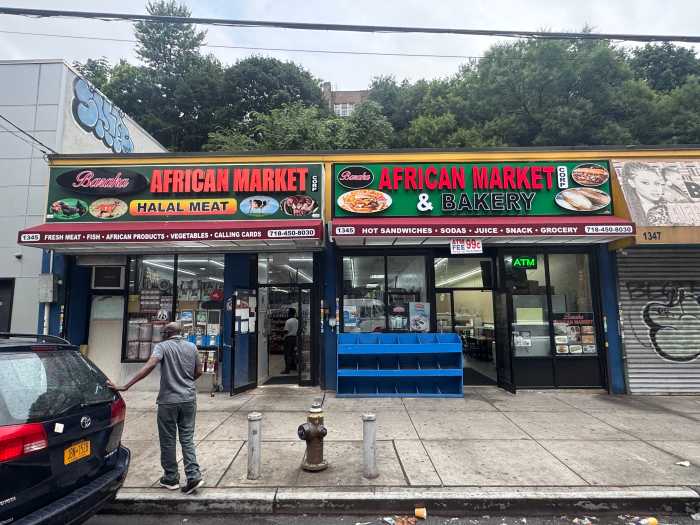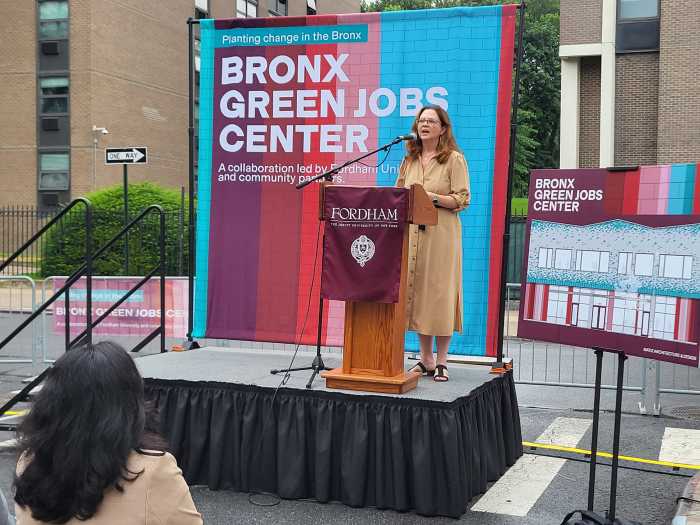New York Attorney General Letitia James, in partnership with the New York City Department of Consumer and Worker Protection (DCWP), announced last week an agreement with two major home care health agencies to deliver up to $18.8 million in unpaid wages to approximately 12,000 workers who had been denied fair pay for years.
The agreement is the result of a multipronged investigation conducted by Attorney General James and DCWP which found the companies — Intergen Health, LLC (Intergen) and Amazing Home Care Services (Amazing) — repeatedly violated New York Labor Laws and the New York City Paid Safe and Sick Leave Law by failing to pay their employees millions of dollars in wages and failing to provide workers with paid sick leave. The agreement, which is one of the largest of its kind in New York state, requires the companies to pay workers up to $18.8 million in two phases, implement new policies to prevent any future violations and comply with oversight from the Office of the Attorney General (OAG) and city authorities.
“Home health aides are on the front lines serving the most vulnerable in our communities, yet these agencies denied them the most basic form of dignity and respect: fair pay for a hard day’s work,” James said. “These hardworking New Yorkers not only deserve the pay that was unfairly denied to them, but also the assurance that this won’t happen again — and that’s exactly what this agreement will do. I will continue my commitment to protect working families and workers’ rights as well as their wallets. Let this be a warning to all employers: exploitative and illegal labor practices will not be tolerated in New York.”
Across the state, approximately 200,000 aides provide home health care services each day. More than 60% of home health aides in New York State are immigrants, and more than 90% are women. Despite the vital importance of their work, home health aides rarely earn above minimum wage and approximately 18% of aides statewide live below the poverty line.
The Office of the Attorney General’s (OAG) investigation, which began in 2018 following a referral from DCWP, uncovered multiple, significant violations of state and city laws that resulted in unpaid wages for thousands of New Yorkers. During its investigation, the OAG conducted more than 40 interviews of workers, collected testimony from several officials of both companies regarding company policies, verified records and background information. The violations that the OAG uncovered include:
- Failure to pay workers correct overtime wages.
- Failure to pay aides for unscheduled short shifts.
- Failure to pay workers additional compensation when they worked more than 10 hours in a shift or multiple shifts in one day.
- Failure to pay employees for travel time between patients’ homes.
- Failure to pay “joint employer” overtime for workers who worked for both companies during the same week.
- Failure to pay workers who perform “live-in” shifts. Live-in shifts require workers to stay in a patient’s home for at least 24 hours but they receive payment for only 13 hours. Workers should receive 11 hours of breaks to sleep and eat for each shift, but the companies failed to ensure aides received their breaks and consistently failed to compensate workers at all when they missed them.
The funds will be delivered in two phases.
Phase One
The first phase will deliver $7.2 million to the workers, and it includes all violations described above except for compensation for “live-in” workers. The agencies will pay $5.2, million in restitution for violations of the New York Labor Law, and slightly more than $2 million to employees impacted by the violations of the Paid Safe and Sick Leave Law. Four employees who were illegally fired for using paid sick leave will receive back pay. Both agencies will be required to pay the entire amount within 10 days.
Phase Two
The second phase, obtained as a result of the OAG investigation and in coordination with a private lawsuit, requires a maximum payout of approximately $11.5 million, and is subject to court approval. This phase includes wage violations for “live-in” workers. Under this arrangement, workers must sign and return agreements to participate in the settlement, and any worker who fails to do so will not receive payment as part of the resolution. The agencies will pay a guaranteed minimum of $6.2 million and up to $10.7 million (depending on how many workers opt-in) to compensate the “live-in” workers for their stolen wages, plus $800,000 for additional claims. The agencies must also pay the attorneys’ fees for the plaintiffs in the private lawsuit.
To determine the amount of unpaid wages owed, the OAG used the results of the employee interviews, testimony from agency officials, an extensive analysis of the law, and the agencies’ own records of wages received and work performed.
In addition to the monetary agreement obtained by the OAG and DCWP, the agreement stipulates that Intergen and Amazing must:
- Implement new policies that are in compliance with the New York Labor Law and NYC Paid Safe and Sick Leave Law and prevent further stolen wages.
- Inform all employees of their rights under New York Labor Law and Paid Safe and Sick Leave Law.
- Stop requiring employees to submit documentation to justify their use of sick leave.
- Train aides and company management and employees on updated policies.
- Post and distribute the Notice of Employee Rights and obtain a written, dated acknowledgement of receipt from each employee.
- Appoint a compliance officer who will address employee complaints and regularly report to the OAG and DCWP.
- Create a new employee manual with updated policies that must be submitted to the OAG and DCWP for approval and have it translated and distributed to all employees.
- Regularly report to the OAG and DCWP regarding the new policies for two years following this agreement.
To receive payments from these agreements, current and former employees of Intergen and Amazing are encouraged to contact the OAG through the online form.






















